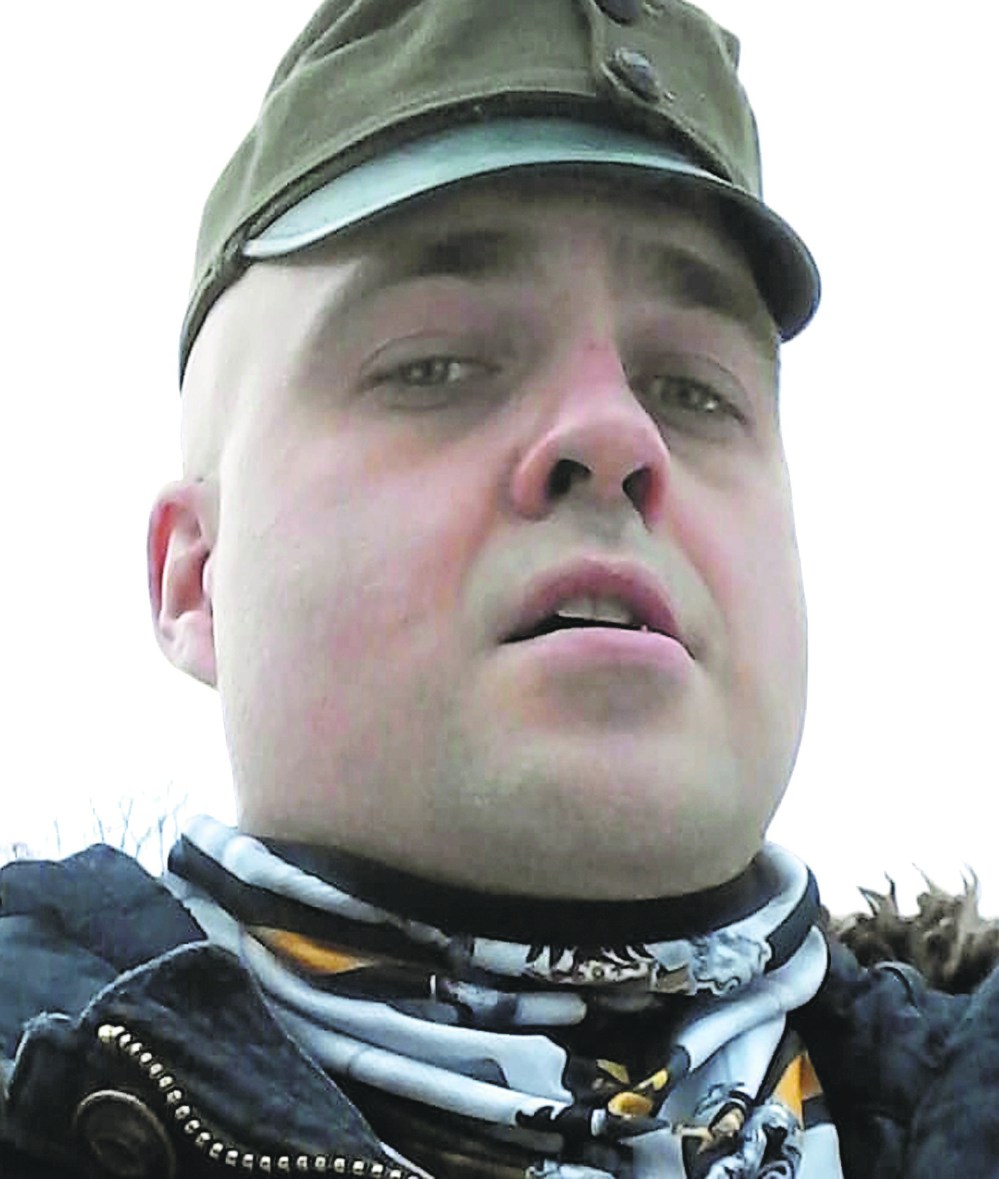Bernice Catcheway knows time does not heal all wounds.
It has been nearly 16 years since the grieving mother’s 18-year-old daughter, Jennifer Catcheway, disappeared — it’s a horror she confronts every time an Indigenous person goes missing in Manitoba.
“We always say time heals, but every time I come to a march or something with missing and murdered Indigenous girls and two-spirited (people), I feel it,” she said Sunday, addressing a crowd gathered for a rally in downtown Winnipeg.
“It’s like a band-aid, a wound you cover up for a while and then when you come here it reopens again.”
Catcheway was one of roughly 100 people who participated in the Sisters in Spirit Mother’s Day walk, an annual memorial march honouring Manitoba’s MMIWG2S+ community.
The march, which is now in its 20th year, is dedicated to Sunshine Wood, a 16-year-old Indigenous girl who disappeared from the former St. Regis Hotel (284 Smith St.) in 2004.
The group embarked from the site where the hotel stood for more than 100 years before it was demolished in 2020.
Together, they walked to The Forks for an afternoon of ceremony, carrying roses and purple placards formed in the shape of butterflies and bearing the names of their murdered or missing loved ones.
“We are all family here,” Anthony Wood, Sunshine’s father, told the Free Press. “Our children, our women go missing every year and we need to support each other.”
The already sombre event was made exceptionally difficult by information revealed during the ongoing trial of admitted serial killer, Jeremy Skibicki, who targeted Indigenous women in Winnipeg, said organizer Alaya McIvor.

Jeremy Skibicki has pleaded not guilty to four counts of first-degree murder.
“Our community is really struggling with that right now. So we’ve invited our community to find some form of healing with that,” McIvor said.
“We are focusing on the families, not focusing on Skibicki himself. It’s all about the families and the plight, voices and loved ones of… women who have lost their life to violence.”
Skibicki, 37, has pleaded not guilty to four counts of first-degree murder in the 2022 slayings of Rebecca Contois, Morgan Harris and Marcedes Myran — as well as a fourth still-unidentified woman given the name Mashkode Bizhiki’ikwe (Buffalo Woman) by Indigenous leaders. He admits to killing the women, but is arguing he should be found not criminally responsible by reason of mental disorder.
Crown prosecutors are opposing the defence.
They allege Skibicki targeted Indigenous women at Winnipeg homeless shelters and assaulted the four victims before killing them and disposing of their bodies.

Victims of admitted serial killer Jeremy Skibicki (left to right): Morgan Beatrice Harris, Marcedes Myran, Rebecca Contois.
His trial, which began April 29, will resume Monday at the Manitoba Law Courts building. The day is expected to include police testimony, focusing on security video evidence documenting Skibicki’s alleged course of travel when he disposed of his three identified victims’ remains.
It will be the latest in several days of testimony which have revealed previously unreleased details about the slayings.
Last week, Skibicki’s videotaped confession to police was played in court. In the recording, he describes acts of extreme violence, including strangulation, necrophilia and the dismemberment of human remains.
Skibicki used a variety of garbage bins to dispose of his victim’s bodies, timing the disposals to coincide with garbage collection schedules, he said.
He was arrested May 17, 2022, one day after a man searching for scrap metal around 5:30 a.m. found Contois’s head in a garbage bin on Edison Avenue, a short distance from Skibicki’s McKay Avenue suite in North Kildonan.
A search of his apartment revealed bloodstains belonging to Myran and Harris on a pillow. Contois’ blood was found on the bathroom wall, floor and the bathtub.
DNA evidence pulled from a scrap of a Baby Phat brand jacket is believed to belong to Buffalo Woman.
Additional testing found the DNA profiles of 12 other women, nine of whom police have not been able to identify because their genetic material is not in law enforcement databases, court heard.
The presence of their DNA does not mean the women were victims of crime.
Skibicki described the murders as “mercy killings” and said he was “directed by God,” telling investigators he was driven by a white supremacist ideology and that he didn’t believe “that races are meant to be forced to live together.”
King’s Bench Chief Justice Glenn Joyal is hearing the trial alone. He dismissed a previously appointed jury after Skibicki admitted his role in the killings.
Trial evidence will focus on establishing Skibicki’s “mental capacity and intent” at the time of the killings, Joyal said.
tyler.searle@freepress.mb.ca

Tyler Searle
Reporter
Tyler Searle is a multimedia producer who writes for the Free Press’ city desk. Since joining the paper in 2022, he has found himself driving through blizzards, documenting protests and scouring the undersides of bridges for potential stories.